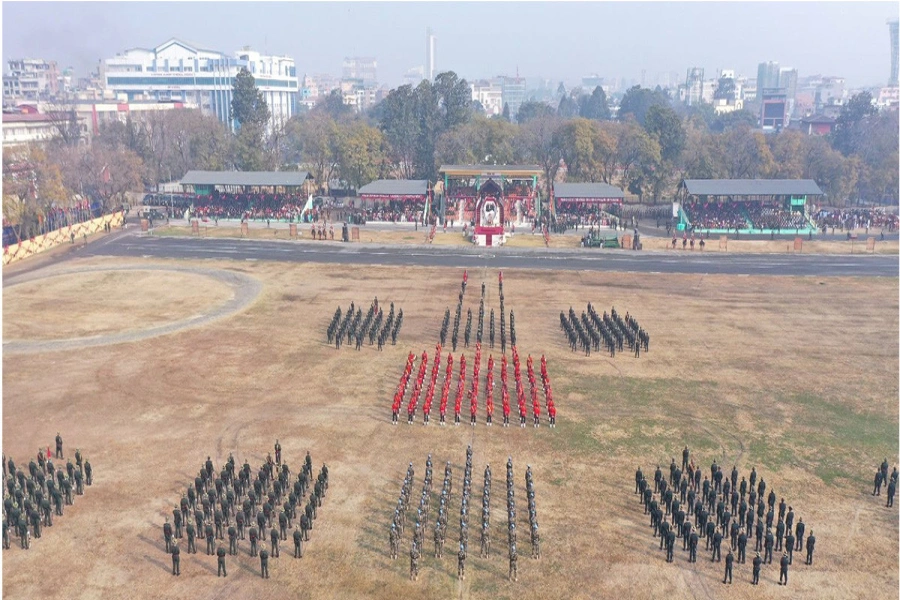KATHMANDU, May 2: Until four years ago, most villages in Bajura and Bajhang forced women and girls to isolate in menstrual sheds and banned them from consuming milk, yogurt, and ghee during their periods. That started to change after Green Tara and the Rural Education and Environment Development Center launched the Garima Project. Their community-driven campaign helped reduce these discriminatory practices, as highlighted in a project impact assessment presented during a ceremony on Wednesday.
At the event, Seema Thapa from Khaptadkhanna-6 in Bajhang shared how the Garima Project inspired her to challenge long-held taboos. The training, she said, first brought change within her and her mother. Her village had banned menstruating women from touching water taps, kitchens, and shared toilets. Many believed that if a woman touched a man during her period, he would be cursed by a deity.
Thapa recalled a day when her cow went missing. Villagers blamed her for drinking the cow's milk during menstruation and claimed the cow had died. But the animal returned the next day. Despite living near a forest where tigers often attack cattle, the community continues to blame menstruation for such events. Thapa kept defying taboos—consuming dairy products during her period and sharing her experience publicly. "Nothing ever happened to the cow," she said at a women's gathering, where her story resonated with other women and her mother.
Despite awareness drives, menstrual discrimination endures in B...

Pratima Khadka from Patadeval, Bajhang, had a similar experience. Five years ago, she followed the custom of staying in a menstrual hut. By her third period, she refused. Her mother let her sleep on the floor of her room, and nothing happened.
Gradually, Pratima resumed touching the kitchen and water taps. Now, she said, most girls and mothers in her community have adopted these changes. However, Thapa noted that a few households still cling to the old traditions.
According to the project report, 97 percent of villagers have abandoned menstrual discrimination. As a result, the number of girls attending school during their periods has increased significantly, from just 13 percent earlier to 95 percent now.
The campaign also improved sanitation infrastructure. Today, 83 percent of schools in the region have access to water and clean toilets. The report found that 95 percent of girls use sanitary pads. However, 7 percent of women and girls still stay in menstrual huts, said project director Shalita Gurung. She added that 97 percent now sleep on comfortable bedding during their periods.







































